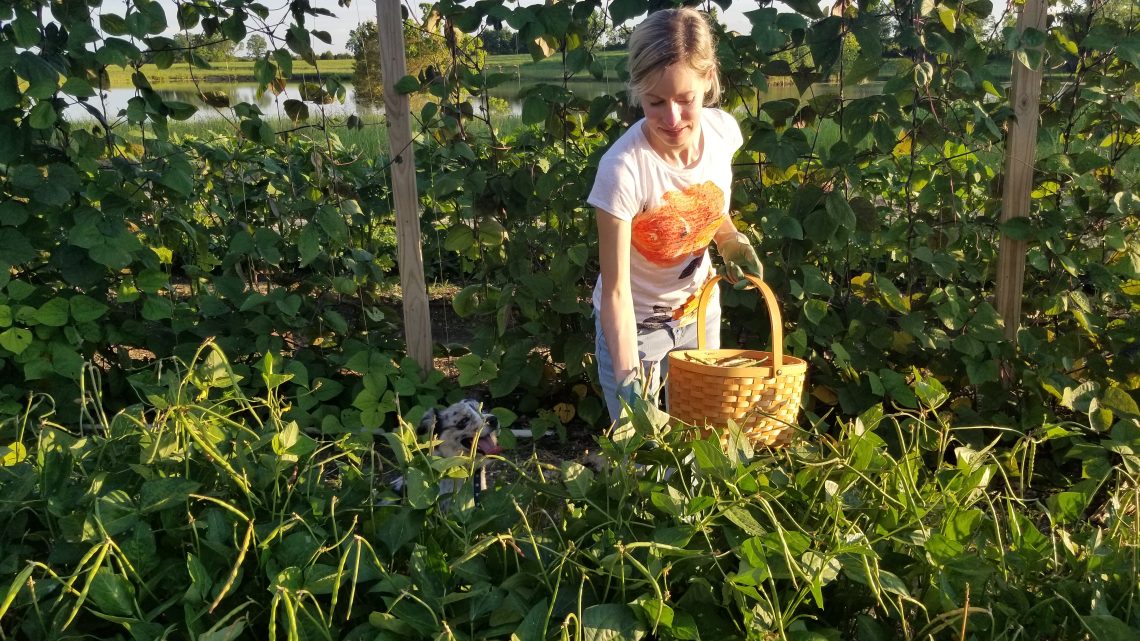
Free Medicine
Regenerative, Natural, Free—these are words that can be used to describe physical activity
Did you know that regular physical activity has been shown to improve brain functioning in areas of attention, memory, and quicker learning, and it can reduce the risk for dementia? It has also been shown to improve sleep, bone health, skin, and overall physical function. Not only can it reduce risks of cardiovascular diseases including stroke and heart disease, it also may reduce risks for many cancers such as bladder, breast, colon, endometrium, esophagus, kidney, lung, and stomach. Moreover, exercise can lessen anxiety and reduce risks for depression, high blood pressure, and type 2 diabetes! And that’s not all. Regular physical activity helps in the areas of weight management by slowing or reducing weight gain over time and supporting weight loss when needed, especially when combined with a reduction in calorie intake. It also helps to prevent weight regain after initial weight loss. What an amazing list of potential benefits—now that is a lot for one lifestyle factor to do!1-10
The saying goes that the best things in life are free and that is definitely the case with physical activity. Regular physical activity is a regenerative, natural, and free medicine.
*The tips here are for educational and informational purposes only. Always consult with your physician before beginning any fitness program to determine if it is right for your needs.
Ideas for Physical Activity
More Moderate-Intensity
walking briskly
hiking on more flat terrain
walking the dog
carrying heavy groceries
gardening
playing with the children
dancing in the house/ ballroom/ line dancing
general yard work and home repair work
washing the car
mowing the lawn
raking the leaves
housework such as vacuuming
cycling on level terrain and at a slower pace
yoga
recreational swimming
water aerobics
pickleball
tennis doubles
paddleboarding
rowing a boat
More Vigorous-Intensity
heavy yard work involving digging or shoveling
climbing stairs
hiking uphill
jogging/ running
playing basketball
power yoga
swimming laps
tennis singles
cycling at a faster pace or with some hills
exercise classes like vigorous step aerobics or kickboxing
high-intensity interval training (HIIT)
vigorous dancing
jumping rope
Strength
lifting weights
yoga
tai chi
resistance bands
push-ups
sit-ups
planks
hip lifts
squats
gardening involving shoveling/digging
Tips to remember:
ALL the activity during the day adds up to support health wellness, so moving more and sitting less during the day can be beneficial. Health benefits of regular physical activity have also been found at low levels so don’t stress if you aren’t able to take on many of the specific activities listed above.9 Also, try to include stretching exercises in your routine for increased flexibility.
Notes:
1.U.S. Department of Health and Human Services. Physical Activity Guidelines for Americans, 2nd edition. Washington, DC: U.S. Department of Health and Human Services; 2018.
2.James S, Chiou Y, Fatih N, et al. Timing of physical activity across adulthood on later-life cognition: 30 years follow-up in the 1946 British birth cohortJournal of Neurology, Neurosurgery & Psychiatry Published Online First: 21 February 2023. doi: 10.1136/jnnp-2022-329955
3.Watts EL, Saint-Maurice PF, Doherty A, et al. Association of Accelerometer-Measured Physical Activity Level With Risks of Hospitalization for 25 Common Health Conditions in UK Adults. JAMA Netw Open. 2023;6(2):e2256186. doi:10.1001/jamanetworkopen.2022.56186
4.Kuo PL, Di J, Ferrucci L, Lin FR. Analysis of Hearing Loss and Physical Activity Among US Adults Aged 60-69 Years. JAMA Netw Open. 2021;4(4):e215484. Published 2021 Apr 1. doi:10.1001/jamanetworkopen.2021.5484
5.Han C, Ding D, Lopez MC, et al. Effects of Long-Term Exercise on Age-Related Hearing Loss in Mice. J Neurosci. 2016;36(44):11308-11319. doi:10.1523/JNEUROSCI.2493-16.2016
6.Song S, Lee E, Kim H. Does Exercise Affect Telomere Length? A Systematic Review and Meta-Analysis of Randomized Controlled Trials. Medicina (Kaunas). 2022;58(2):242. Published 2022 Feb 5. doi:10.3390/medicina58020242
7.Yeh C, Flatley E, Elkattawy O, Berger L, Rao B. Exercise in dermatology: Exercise’s influence on skin aging, skin cancer, psoriasis, venous ulcers, and androgenetic alopecia. J Am Acad Dermatol. 2022;87(1):183-184. doi:10.1016/j.jaad.2021.07.023
8.Ryosuke O, Yoshie S, Hiromi A. The association between activity levels and skin moisturizing function in adults. Dermatol Reports. 2021;13(1):8811. Published 2021 Mar 17. doi:10.4081/dr.2021.8811
9.Lee D, Pate R, Lavie C, et al. Leisure-Time Running Reduces All-Cause and Cardiovascular Mortality Risk. J Am Coll Cardiol. 2014 Aug, 64 (5) 472–481. https://doi.org/10.1016/j.jacc.2014.04.058
10.U.S. Department of Health and Human Services. Office of Disease Prevention and Health Promotion. Walk. Run. Dance. Play. What’s your move? Move Your Way ® website. Updated February 12, 2023. Accessed February 12, 2023. https://health.gov/moveyourway


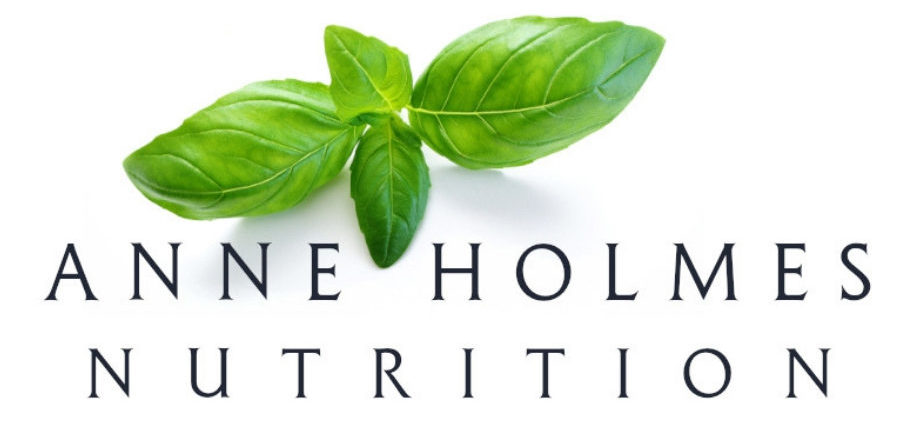
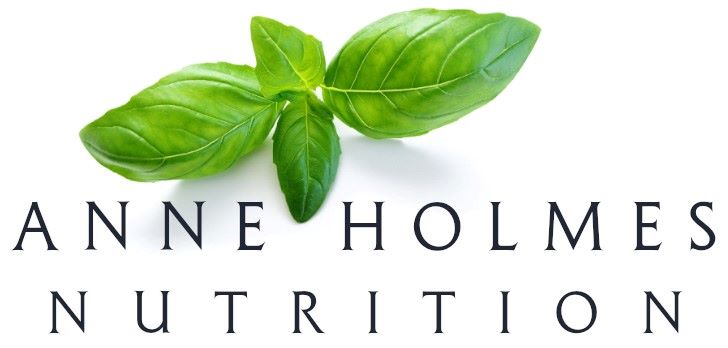
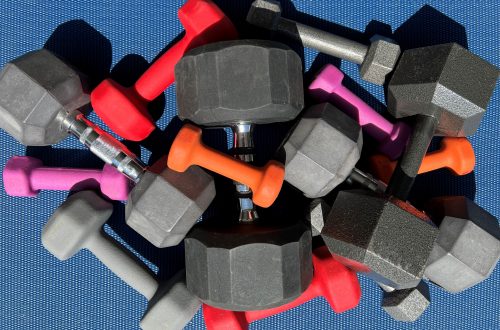
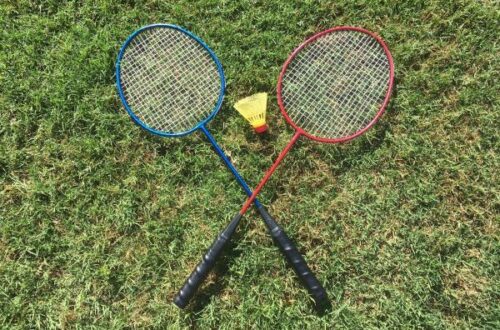
One Comment
Bobbi
I ❤️❤️❤️❤️❤️❤️ this post! Thanks, Anne, for the reminder to exercise – truly the Free medicine!!